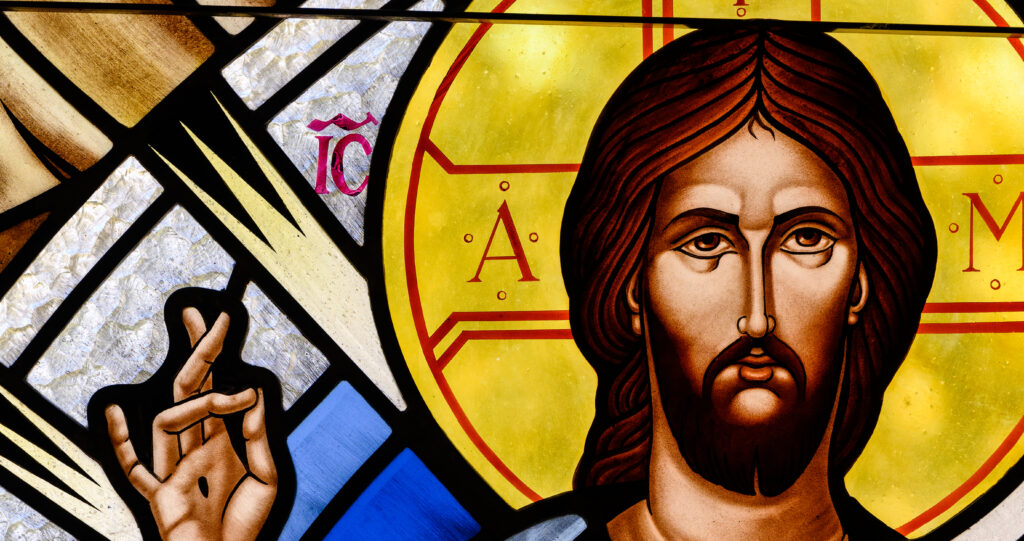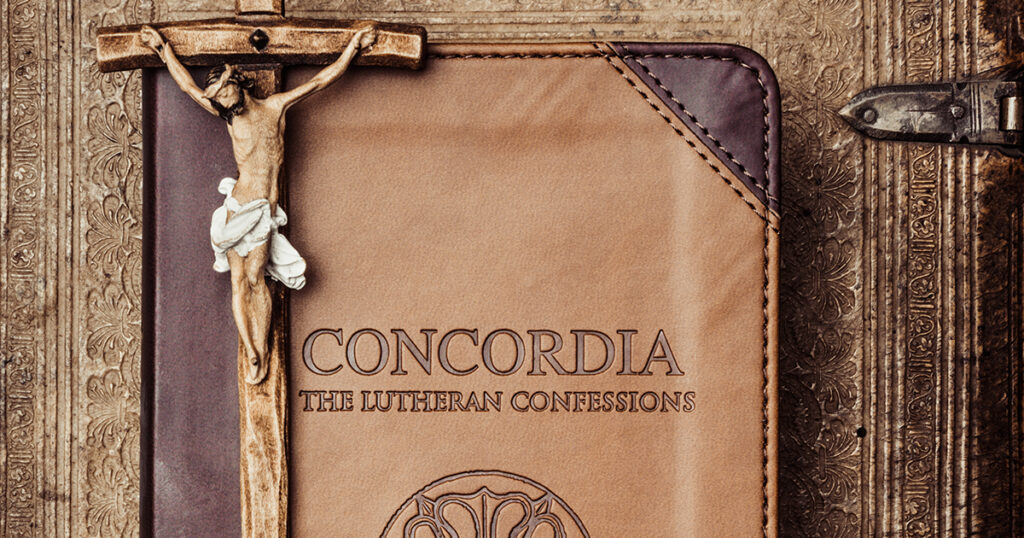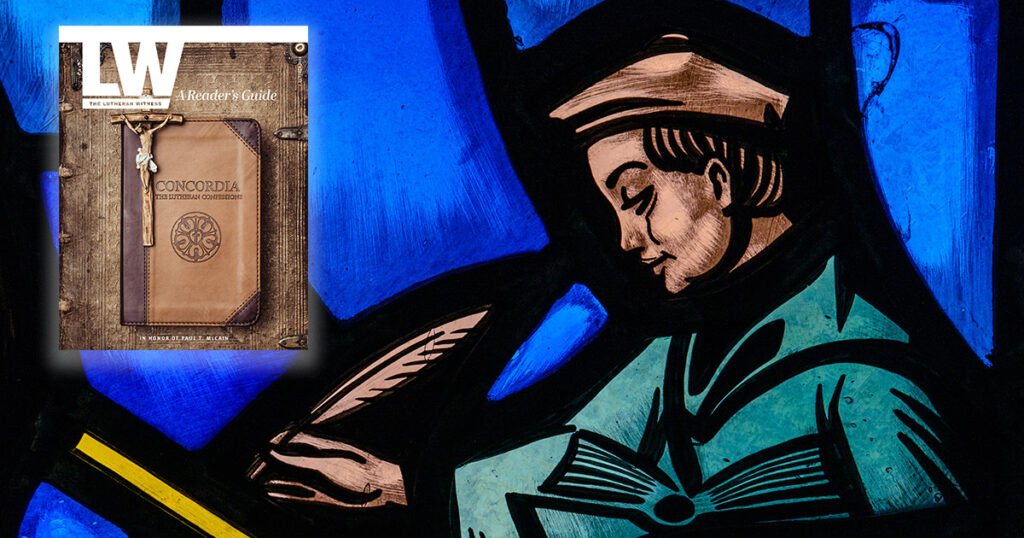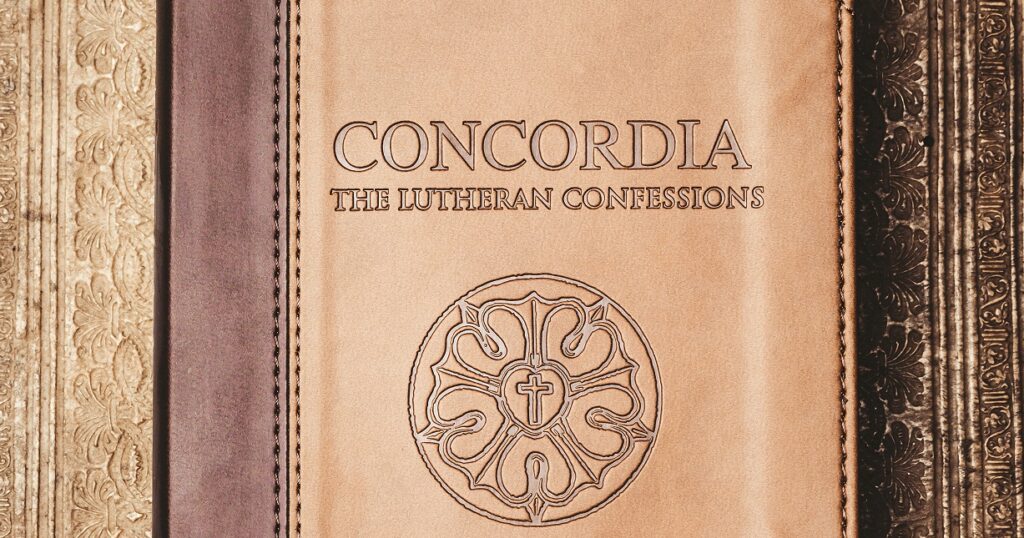by Matthew C. Harrison
We live in strange times of exploding scientific knowledge and deep ignorance of the Bible and Christianity. Our young people are taught the Bible is myth. They are told that the books included in it were selected for political and prejudicial reasons, while the “gospels” excluded from the canon of Scripture (the “Gospel of Thomas,” for example) were rejected for their broader, more open views of women, sexuality and so on. In reality, these other “gospels” are filled with obviously spurious material. The historical existence of over 60 persons in the Old and New Testaments has been verified by extrabiblical sources, whether archaeology (seals, inscriptions, pottery, ancient paintings) or extrabiblical writings. The Bible is not myth. Nor is it the result of bigots hijacking the faith — and neither are the Apostles’ or Nicene Creeds. This is important to know as we celebrate the 1,700th anniversary of the Council of Nicaea and the Nicene Creed (A.D. 325), though its third article was largely added at a council in Constantinople (A.D. 381).
You know the Creed well. Thank God, we use it every time we celebrate the Sacrament! We confess of the Christ that He is “God of God, Light of Light, very God of very God, begotten, not made, … of one substance with the Father, by whom all things were made.” This confession was written in direct opposition to a fourth-century Christian named Arius. He was probably from Libya. He stirred up the church in Alexandria, especially St. Athanasius, by asserting that “there was a time when the Son of God was not.” That meant that the Son of God was created by the Father, and if this were so, Jesus could not be true God. But in fact, Jesus claimed to be God: “I and the Father are one” (John 10:30). “Before Abraham was, I am” (John 8:58). The Gospels call Him God: “In the beginning was the Word [i.e., the Son of God], and the Word was with God, and the Word was God” (John 1:1). Jesus does divine things: “Who can forgive sins but God alone?” (Luke 5:21).
Further, the earliest confession of the church is “Jesus is Lord” (1 Cor. 12:3; Rom. 10:9). Paul follows this confession in Romans 10 by quoting Joel 2: “Everyone who calls on the name of the Lord will be saved” (Rom. 10:13). The prophet Joel says in Hebrew, “Whoever calls on the name of YAHWEH will be saved”! Jesus IS Yahweh.
Out of the 300 or so bishops at Nicaea, only a couple rejected the council’s decision. Emperor Constantine had called them together, to be sure, and argued personally for the divinity of Christ and the use of the word homoousios (“of the same substance” with God the Father). But this was clearly the teaching of the apostolic church and the post-apostolic church (Polycarp, ordained by John the Apostle; Ignatius of Antioch, connected to John; and others). The apostolic connection was important. The apostolic Scriptures were the real ones. Living second-century pastors and martyrs who knew the apostles had given testimony to what the apostles taught and to which writings were apostolic. The fathers at Nicaea knew all of this. They had read the writings of the apostles. They had read the writings of the great second-century stalwarts like Irenaeus (c. A.D. 130–202), who had seen and heard Polycarp, who had been a disciple of St. John.
The point is, the creedal statements about Christ in our Nicene Creed express the clear truth about Jesus. He is God in the flesh. Man is God. God is man. Said Luther: If Jesus were only a man, then we are in great trouble. For then His sacrifice would not be sufficient to pay for our sins. But because He is divine and human, His sacrifice on the cross paid for the sins of the world.
For years, the church tried to figure out how to best express the truth of Christ’s divinity over against Arius, using biblical terms. But no matter how it was formulated, Arius and his supporters always twisted things. The word homoousios was finally chosen to express the truth. “One substance with the Father.” But the Arians even twisted that and winked at each other during the proceedings, deceptively confessing one thing but twisting it to mean something else.
Our great Book of Concord, in the Formula of Concord, Article VIII on the Person of Christ, solemnly rejects all the ancient heresies about Christ: “We reject and condemn as contrary to God’s Word and our simple (pure) Christian faith all the following erroneous articles, if they are taught … [that] Christ is not true, natural, and eternal God, as Arius held (blasphemed).”
And we don’t “wink” when we make this confession our own every Sunday in the Divine Service. We do so in the sight of God Almighty, knowing that this is the faith we shall one day confess before the judgment seat of Christ.
“The blood [human nature!] of Jesus God’s Son [God in the flesh!] cleanses us from all sin” (1 John 1:7). And that’s no myth or political machination. It’s the Gospel itself.
—Pastor Matthew C. Harrison






